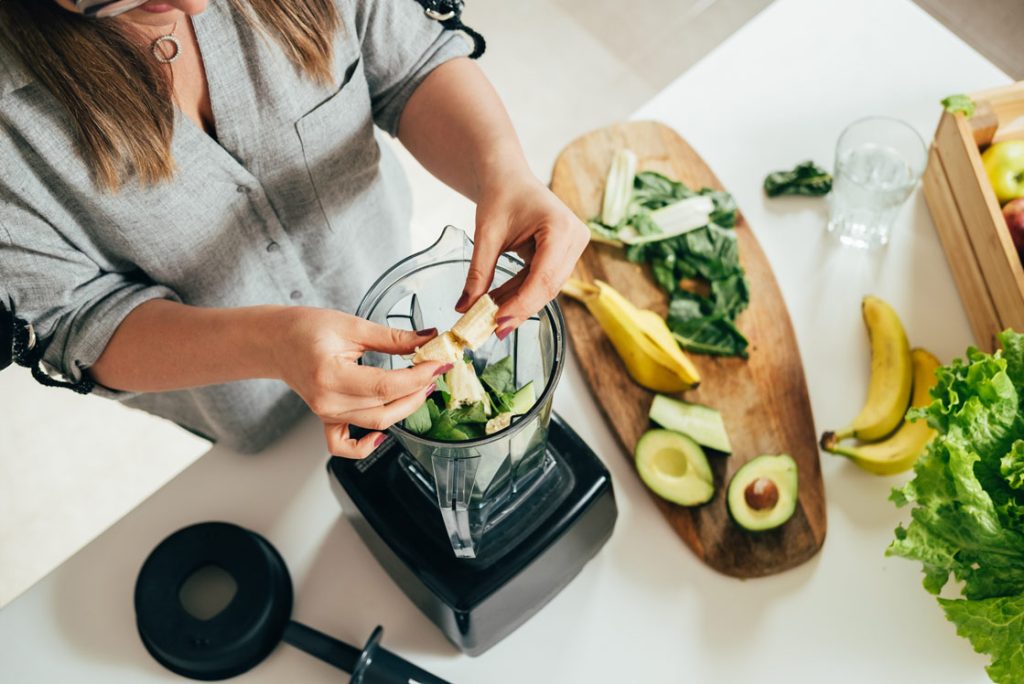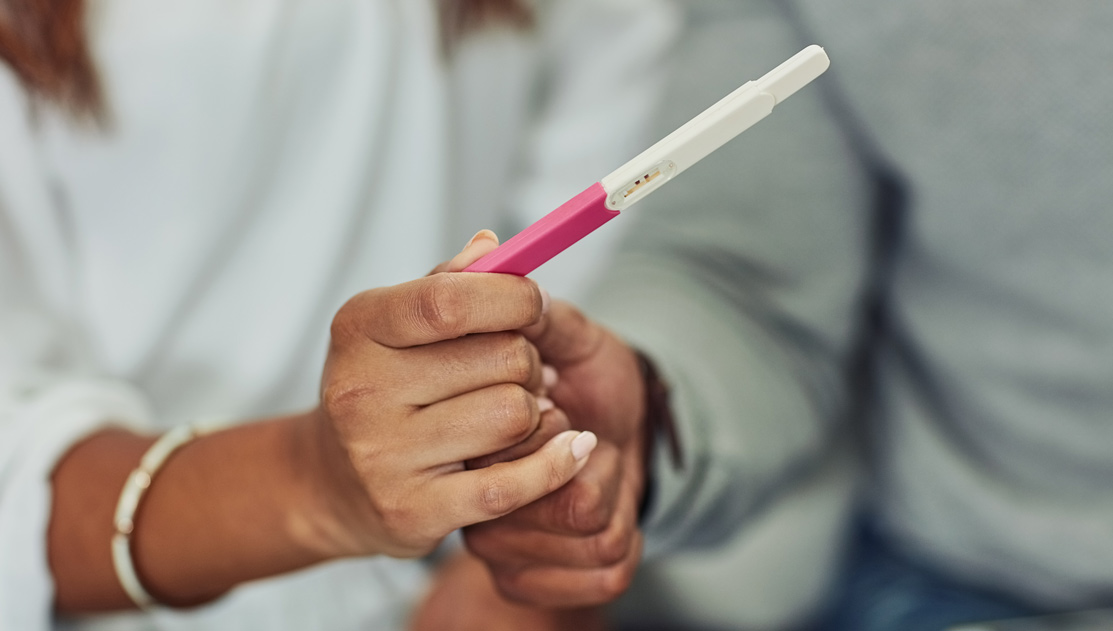If you’re trying to get pregnant, there’s a good chance you’re wondering about food and fertility.
This question of food and fertility is one that clinicians are increasingly asked, as discussions on ‘wellness’ become ever more mainstream. But beyond faddy diets and old wives’ tales, there are links between food and fertility. Let’s take a look.
Does your diet affect your fertility and can foods increase fertility?
The short answer is yes.
The longer answer is: Yes but a) there is still much to be understood about the relationship between food and fertility b) there is only so much that food can do. Nutritious meals won’t clear a blockage in a fallopian tube or fix a uterine septum. But we do know that certain foods can influence the body’s hormonal balance for good or bad.
Lifestyle optimisation is essential for better fertility outcome, both naturally and via assisted conception. Lifestyle optimisation includes Body Mass Index (BMI) optimisation, hydration, regular moderate exercise, limiting caffeine and alcohol, quitting smoking, managing stress, adequate sleep, avoiding exposure to harmful toxins, and menstrual and fertility awareness. These are all complementary to optimised nutrition and should be integral elements of preconception planning, in addition to regular sexual activity.
A 2018 expansive research review, published in one of the world’s leading women’s health journals The American Journal of Obstetrics and Gynaecology stated ‘a few key patterns’ in the literature on food and fertility thus far. For example they found that:
- Taking folic acid supplements (at doses higher than the standard directed to prevent neural tube defects) has been repeatedly linked to lower risk of miscarriage, lower frequency of infertility, and better results in fertility treatment.
- Long chain omega 3 fatty acids seem to boost female fertility. But more research is needed to understand the extent to which contamination (for example in fish that carries toxicants such as mercury) may lower this benefit.
- Red meat consumption may be unhelpful for fertility (but more work is needed on this question).
- Soy products seem to benefit women having fertility treatment.
- Trans fatty acids (common in frozen pizzas, commercial baked products like cakes and fried foods such as chips and fried chicken) are linked to poorer fertility.
- ‘Healthy’ eating patterns have been repeatedly linked to better fertility and superior fertility treatment outcomes. ‘Unhealthy’ eating patterns have repeatedly been linked to poorer outcomes. While various studies may define ‘healthy’ diets differently, the authors of the review conclude that: “Adherence to healthy diets favouring seafood, poultry, whole grains, fruits and vegetables, are related to better fertility in women and better semen quality in men.”
Food and fertility tips – What should I eat?
So, based on the incomplete information science has, what can you do with food and fertility in practical terms? Here are a few tips:
- Try to eat oily fish with lower mercury levels (salmon and sardines) at least twice a week for a good omega 3 boost.
- Enjoy handfuls of nuts and seeds (e.g. walnuts and flaxseeds). These contain alpha-linolenic acid (ALA) which is a vital dietary fat which our bodies need to make long-chain omega 3 fats.
- Eat plenty of vegetables and fruit (and more of the former than the latter, because fruit contains natural sugar and too much sugar can become unhelpful for hormonal balance). Remember ‘5 a day’ is really the bare minimum.
- If you can afford it, buy organic fruit and vegetables. This is because non-organic fruit and veg have been treated with pesticides which can contain hormone-disrupting chemicals.
- Swap red meat for poultry – organic free-range if possible, because battery-farmed poultry may be treated with antibiotics.
- If you’re undergoing fertility treatment, consider getting some soya in your diet.
- Invest in a high-quality folic acid supplement. Talk to your fertility doctor about the appropriate dosage for you.
- Eat whole grains rather than simple carbohydrates. So, swap your white bread for brown rice, choose oats over starchy cereals, and experiment with quinoa.
- Wherever possible, eat whole foods – one food equals one ingredient.
- Remember: food and fertility applies to men too, so encourage your partner to eat healthily with you.
How different diets impact fertility
The Mediterranean diet has been shown to increase successful pregnancies by 40% in couples having IVF and is beneficial for supporting ovulation in women, and sperm motility in men. It involves a diet consisting of high amounts of plant-derived food, oily sea fish, low-fat dairy and poultry, olive oil, and wholegrain products. It means cutting back on consumption of simple sugars, red meat, and alcohol. The Mediterranean Diet has been shown to decrease risk of all-cause mortality, cardiovascular disease, cancer, and other chronic diseases.
The Western diet in particular has been shown to negatively impact fertility – it can increase the oxidative stress that causes carbohydrate disturbance and insulin resistance. In addition to this, gluten-free diets have been shown to have lower nutritional value compared to traditional diets.
Foods to avoid when trying to get pregnant
Dr Hani Daabis, Consultant in Fertility and Assisted Conception at The Fertility & Gynaecology Academy says: “There is still a lot for science to learn about food and fertility but based on the patterns already identified, we can offer a few recommendations on foods to be careful with when trying to get pregnant.” Such as:
- Cut right down on red meat.
- Avoid processed foods containing additives and preservatives. Stay away from foods with ingredient lists. Stick to fresh, whole foods – one food equals one ingredient.
- Keep away from microwave foods cooked in plastics. These plastics have been found to leech chemicals into food that can be harmful to fertility.
- Eat fewer carbs, especially ‘simple’ carbohydrates such as white bread, which can spike insulin levels and disrupt hormonal balance. Indeed a recent review study, while concluding that more research was still necessary, discovered that “reducing carbohydrate load can reduce circulating insulin levels, improve hormonal imbalance and resume ovulation to improve pregnancy rates compared to usual diet” especially in overweight women and those with Polycystic Ovary Syndrome (PCOS).
Supplements to support fertility
You can supplement your diet to help support fertility, but should consult with your fertility doctor first. Here are some supplements known to contribute to normal functioning of the reproductive system:
- Folic acid – this reduces the risk of neural tube defects and spina bifida
- Vitamin D – this may improve egg and embryo quality and the likelihood of implantation and conception. It can also help improve insulin sensitivity in PCOS
- Coenzyme Q10 – this vitamin-like compound plays a role in energy production and is a powerful antioxidant that may contribute to improved egg quality
- Inositol (particularly myo-inositol and D-chiro-inositol) – has gained significant attention for its positive impact on PCOS. Inositol may improve insulin sensitivity, regulate menstrual cycles, and promote ovulation
- Acetylcysteine (NAC) – this is known to combat inflammation and oxidative stress. NAC is not naturally present in food so must be obtained through supplementation. It is more effective than metformin in improving insulin resistance and may have a positive impact on fertility by improving ovulation, pregnancy rate, and egg quality
- Omega-3 fatty acids (like EPA and DHA) – these offer numerous health benefits, including reducing inflammation and supporting cardiovascular health. They also help to regulate the menstrual cycle, reducing androgen levels, and improving fertility
- Combined prenatal supplements – these usually combine folic acid, vitamin D, and other antioxidant nutrients which may have positive effects on AMH levels, a marker of egg quantity
Have you been trying for a baby for a while? Want to check if everything is okay? The Fertility and Gynaecology Academy is one of the UK’s top fertility clinics, based in central London. Our clinic is home to some of the finest fertility doctors and most sophisticated fertility technology. If there is a problem, we can get to the root of it swiftly.
To find out more or book a consultation, call The Fertility & Gynaecology Academy now on 020 7224 1880 or email info@fertility-academy.co.uk.







